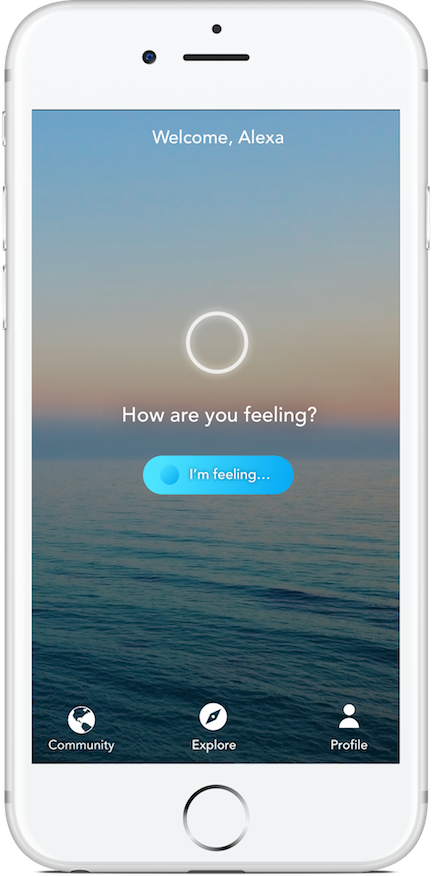[GUEST POST] Gamifying Stress Management

Let's face it, we've all been there before...
From the nervousness bubbling inside your stomach, to the hair pulling moments where we feel that we are far beyond saving, we have all been victims to stress. While there have been many efforts put in place to help people cope with stress, not all have been effective.
Contrary to that belief, games can actually help improve people's mood, reduce anxiety, and help provide relaxation to people
Stress management through apps: Aura & Headspace

Aura
The Aura app allows for users to track their data of their mindfulness. By keeping track of their progress, much like a fitness app, this game mechanic of tracking progress helps to encourage users to improve their mental state so that they are able to see some change at least, giving themselves that sense of satisfaction for improving themselves.
With the advancement of technology, the whole concept of gamification can become even more complex and provide more room for improvement to make stress management methods become even more effective. This would be a good method to help deal with stress, particularly for the younger generation, while they are focused on studies and socialising. Integrating such gaming elements would suit them better as children tend to be open to trying out new methods. (https://learnkit.com/2016/01/13/adult-learning-needs)
Gamifying experiences at school to reduce stress in youths
Teachers from Kansas and Virginia, USA, have been gamifying the learning experience. These teachers often set up special handshakes, or give students the option to choose between hugs, high fives, fist bumps etc with their teachers. Such personalized decisions that students can make to improve teacher-student relationships help to alleviate stress in students, and students can also get a sense of satisfaction from being able to see their relationship with their teachers progress. (https://thecorecoaches.com/2015/06/when-i-was-classroom-teacher-i-moved/) (https://www.insideedition.com/hands-approach-teacher-has-special-handshake-each-her-22-students-40949)
Stress may affect students and younger children more as this is their first time dealing with such experiences. Hence by gamifying their experience, we can help to reduce stress in them.
A TJC WOW! intern who enjoys gaming and sports.
Resources & Image credits:
- https://checkpointorg.com/psychological-emotional-benefits-video-games-clinical-research/ https://www.aurahealth.io
- https://www.headspace.com
- https://learnkit.com/2016/01/13/adult-learning-needs
- https://thecorecoaches.com/2015/06/when-i-was-classroom-teacher-i-moved
- https://www.insideedition.com/hands-approach-teacher-has-special-handshake-each-her-22-students-40949
